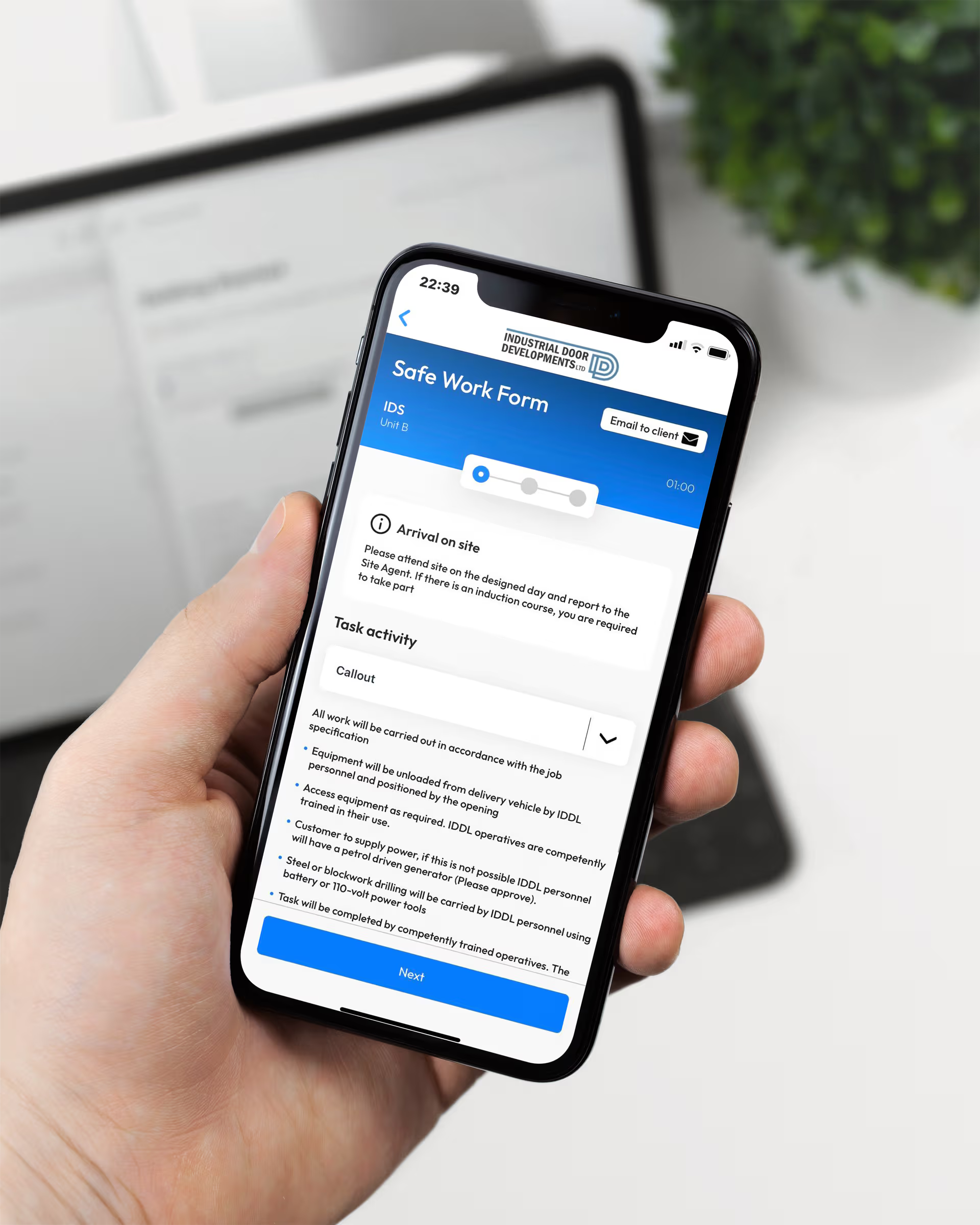When it comes to the cost and capabilities of an app a lot will depend how the app is to be built. An app can be built as a native, hybrid or web app, and although you might have heard of those terms you might not be fully aware of what they mean in practice.
As its name suggests, a hybrid app combines aspects of both native and web apps so these are the two distinct types of app we will concentrate on here. Early on in the process of creating an app you will need to decide which of these principle methods of developing and deploying an app you will use.
Before you can make that decision you need to understand what each type of app actually is and how they differ from each other.
What exactly is a native app?
A native app is an app that is created with a certain mobile device in mind, such as a smartphone or a tablet. These are usually installed directly onto the device and can normally be accessed through an online app store. Once you have downloaded these apps they will be available on your phone and accessible by tapping an icon. They can usually be used to some extent when you are offline. An example of a native app might be Facebook or WhatsApp.
What exactly is a web app?
Web apps are not installed directly onto a mobile device. Instead, they’re accessible through the device browser. These are internet enabled apps that have a functionality for a wide range of different devices. They require less commitment from the user, and can be accessed by anyone with a mobile device and an internet connection. An example of a mobile app might be an online retailer’s shopping cart.
What are the advantages and disadvantages of each type?
A chief advantage of the native app is that it can work independently of the web, while at the same time pulling information from the web which it can use outside of the device browser. For instance, a supermarket app will allow online ordering through the app without the need to access the supermarket website via the browser. The app will instead access up to date stock availability information independently of the browser. Because the app can utilise the power of the processor hardware such as the GPS, it’s considerably quicker. In some smartphones, the app can actually control devices, a good example of which might be a device that works with our home central heating or lighting.
The web app has the advantage of not being tied to a particular app. It’s universally accessible, but it does require internet access and the speed of its operation is dependent on the quality of the signal, or the speed of the broadband connection. A web app won’t be able to make use of your device features, and should you be somewhere beyond mobile signal and broadband connectivity, it will be largely unusable.
At InTeck Ltd, we can help you create the perfect app to meet your business goals. Why not Contact Us today to find out more about our range of services?



